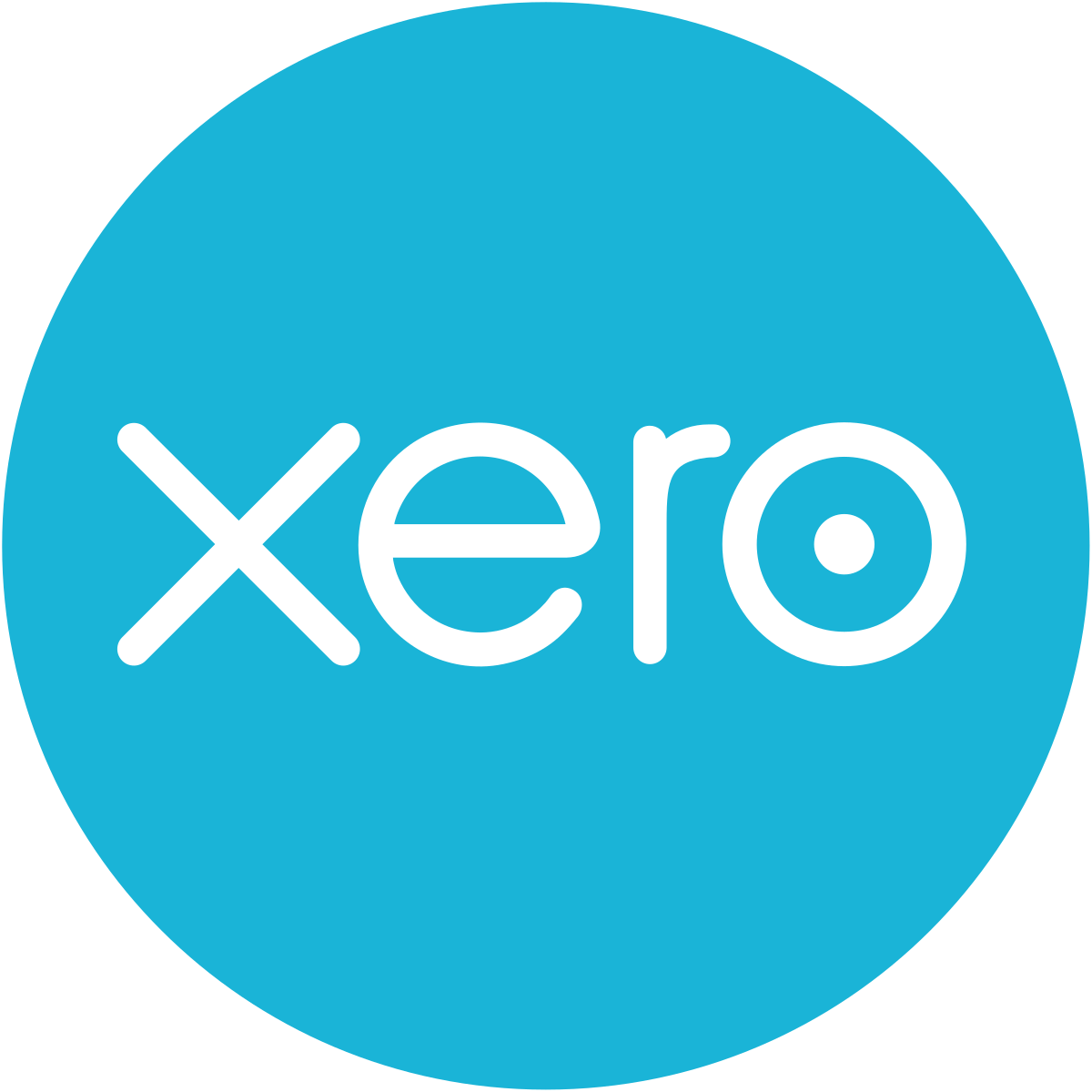Are you a limited company landlord? If so, it’s essential to understand the taxes you’ll be responsible for paying.
With hours of your day taken up by logistical challenges of varying difficulty, knowing how much tax you need to pay might not be at the top of your priority list.
But you need to know how much to pay – otherwise, you could find yourself playing catch up at the eleventh hour when you could have been taking the time needed to improve your business.
How much should you pay?
Limited company landlords are required to pay corporation tax on their rental income. The current corporation tax rate is 19% – so, for example, if your rental income is £100,000, you’ll owe £19,000 in taxes.
However, from April 2023, corporation tax will rise for some companies. Specifically, companies with profits above £250,000 will have to pay 25%, while those with profits below £50,000 will continue paying 19%; profits between these limits will be subject to a tapered tax rate.
It’s important to note you’ll only pay corporation tax on your profits, not your gross income.
If you have expenses such as mortgage interest, repairs, and maintenance, you can deduct those from your gross income to calculate your profits.
What else do landlords need to pay?
In addition to corporation tax, limited company landlords may also be required to pay dividends tax if they distribute profits to shareholders.
Dividends tax is currently set at 7.5% for basic rate taxpayers, 32.5% for higher rate taxpayers, and 38.1% for additional rate taxpayers. Again, these rates are going up in April – by 1.25 percentage points each.
If you’re VAT registered, you’ll also need to pay VAT on your rental income.
The standard VAT rate is 20%, so you’ll need to add 20% to your rental income when invoicing tenants.
However, if you’re renting out a property called “residential accommodation”, you’re not eligible to charge VAT.
It’s also worth noting that there may be other taxes you’ll need to pay, such as stamp duty land tax if you’re purchasing a property or capital gains tax if you’re selling a property.
Keep proper records
It’s essential to keep accurate records of your rental income and expenses so you can accurately calculate your profits and pay the correct amount of tax.
You’ll need to submit a self assessment tax return to HMRC each year detailing your rental income, expenses, and profits.
Regular and accurate bookkeeping will make this annual activity a far smoother task than otherwise.
Speak to a professional
It’s essential to consult with a tax professional or accountant to ensure compliance with tax laws and to minimise your tax liability.
A tax professional (like us) can also advise on any tax-efficient strategies that you may be able to use to reduce your tax bill, such as setting up a pension scheme or investing in energy-efficient improvements to your property.
Final thoughts
As a limited company landlord, you’ll be responsible for paying corporation tax on your rental income, dividends tax on profits distributed to shareholders, and VAT if you’re VAT registered.
Keep accurate records, consult with a tax professional, and take advantage of any tax-efficient strategies available to you to minimise your tax liability.
To stay compliant with the tax laws, you should also be aware of the deadlines for submitting your Self Assessment tax return and make sure you have all the required information ready.
It’s always good to have an accountant that can help you with the process to make sure you are not missing anything important.
Being a landlord is a great way to generate income, but it does come with its own set of responsibilities and tax obligations.
Get in touch with us to ensure you stay on top of your tax obligations as a landlord.

